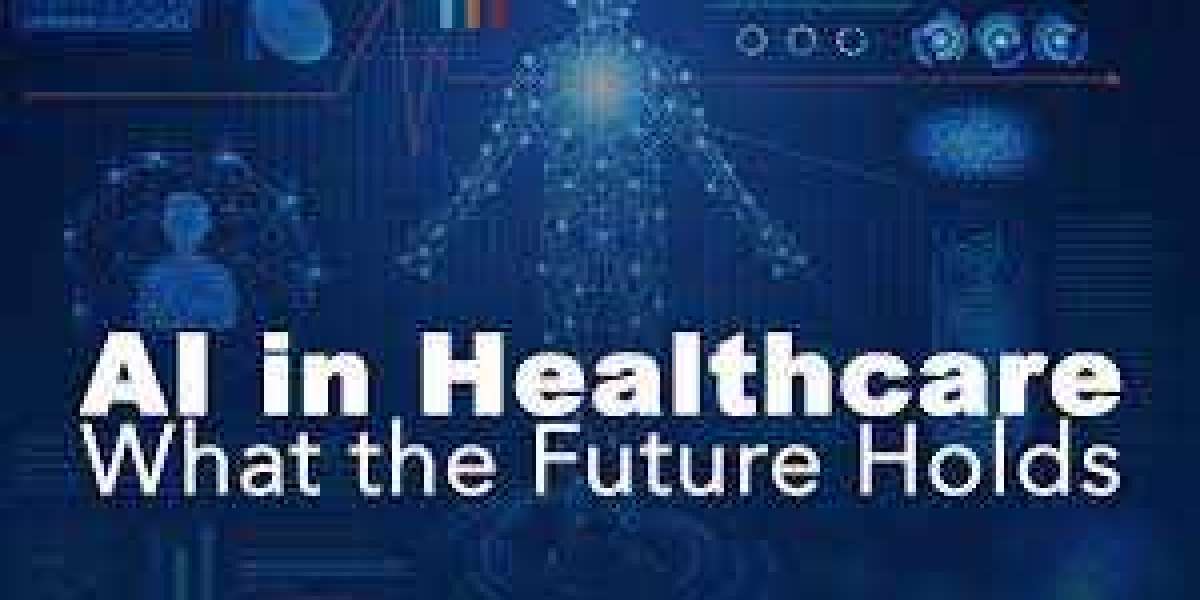Sometimes trying to answer a question produces a slight feeling of embarrassment. This is possibly one of those occasions. Our dictionary describes the obvious as that which is true, clear, patent and without the slightest doubt. Come on, you could perfectly save the following pages. Hence the modesty thing. And the success in the use of software development solutions in a general sense and, specifically, the new capabilities that we are seeing in the application of AI in Health, are as evident as they were a couple of centuries ago. advances in chemistry or previously, advances in surgical techniques. Even more, I would say that digitalization in health offers such incredible expectations that we are not yet able to fully value them.
Let's try, first of all, to put some concert into the discourse and to frame the matter. For this, I will use the categories of the American Digital Health sector file, which, although they could be configured differently or use those of any other advanced country, they help us to start in order.
They classify digital health products and services into four groups:
- Telemedicine: where they incorporate all the enterprise solutions development used to carry out medical consultations virtually with guarantees similar to those carried out in person.
- mHealth : the aggregation of health applications for mobile devices.
- Healthcare Analytics : medical data analysis platforms, which, using quantitative and qualitative techniques, seek to predict trends and behavioral patterns.
Finally, Digital Health Systems : those technologies used in the use of electronic health records ( Electronic Health Record ) and digital prescription of medications ( E-prescription ).
But, one might ask, where do they place Artificial Intelligence in this scheme? In reality, AI is a transversal capacity that we can incorporate in any field because it tries to simulate human intelligence through algorithms supported by the use of massive amounts of information. And this detail is key, because few sectors generate as much data as Health.
In the report published by the World Health Organization (WHO) in 2021, “ Ethics and governance of artificial intelligence for Health ”, some applications of AI were cited. They aimed to “improve the speed and accuracy of disease diagnosis and detection, facilitate clinical care, strengthen health research and drug development, and support various public health interventions, such as morbidity surveillance.” , the response to infectious outbreaks and the management of health systems.” We could summarize that AI in Health is, thus, the use of machine learning models to discover new knowledge that improves patient outcomes and experiences.
It sounds promising, but are there already operational applications of AI?
Answering this question means asking yourself: are we facing a reality or are we still talking about an emerging topic, with great capabilities, but without current practical cases? Well, there are already examples in which AI is clearly impacting healthcare practices, either by accelerating the pace of research or by helping professionals make better decisions. Let's take some examples:
Detection and diagnosis of diseases: machine learning models observe patients' vital signs and alert professionals of possible increases in certain risk factors. It is true that current devices can already monitor vital signs, but AI is capable of collecting this data itself, searching for conditions that are difficult to detect, and discovering anticipatory patterns.
Personalized disease treatment: The much-desired precision medicine is easier to support with the assistance of AI. Because these models can learn and retain preferences, they have the potential to provide personalized recommendations even in real time, which is essential in many pathologies.
Medical image analysis: AI powered by artificial neural networks is proving to be as effective at detecting early evidence as human radiologists and making the staggering amount of information contained in images more manageable.
Increasing the efficiency of clinical trials: During the lengthy development of a trial, an enormous amount of time is spent assigning codes to results and updating relevant data. AI is already accelerating the process of selection and design of the enormous molecular combinations that are handled in the first stages of research, significantly reducing time and, therefore, economic effort.
Reducing the cost of care: There are many potential ways in which AI can reduce healthcare costs. Some of the most promising are: reducing medication errors, preventing fraud or supporting more efficient clinical and administrative workflows.
These are just some examples of real uses of AI in Health that demonstrate that, apart from the immense future capabilities, we are talking about a reality in which we have been making progress for some time. We could cite other current applications of AI, but there will be many more in the future as we advance in the democratization of the use of custom business software development applied to healthcare and are able to find new areas of action.
In this sense, and to end with a point of optimism, I want to highlight news from just a few days ago: the European Parliament and the Council of the Union have reached an agreement on the European Health Data Area (EHDS). ), a new regulation that will facilitate the exchange and access to health data. This agreement marks a crucial step towards more efficient management of health data in Europe. The network, which will require actions at national and European level, aims to create a true Electronic Health Record system. The creation of these spaces is essential for effective interoperability, but also for the incorporation of projects that use AI.








